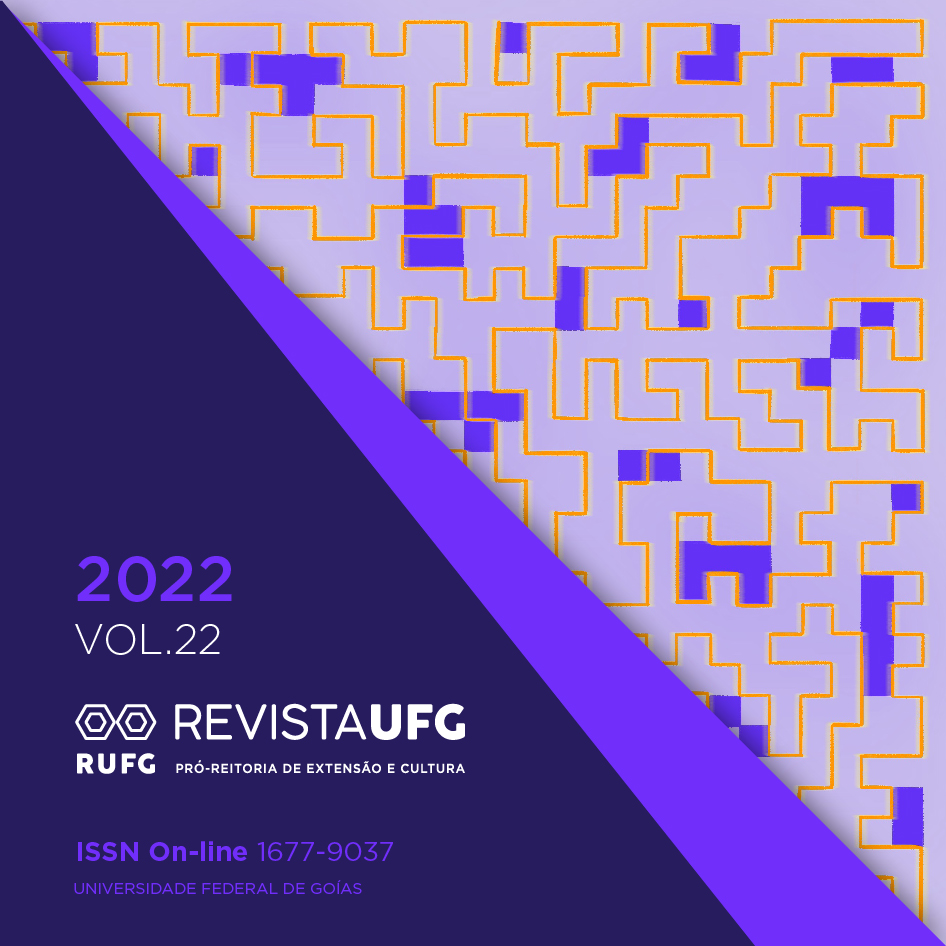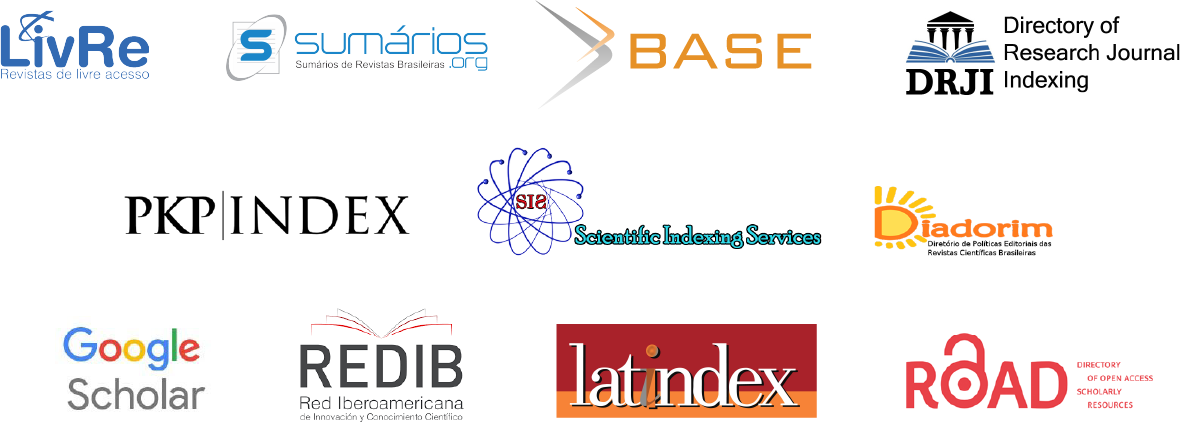The philosophy of inclusion in education
DOI:
https://doi.org/10.5216/revufg.v22.74068Abstract
Objective: Addressing inclusion in education as a philosophy reflecting on guiding principles and theoretical support.
Problem: Narrowing inclusive education only to disability disregards the broader view of diversity. Current practices to an extent neglect the value of human existence guiding reasoning on types of principles that could strengthen practices.
Methodology: Theoretical research through a review of related literature and reflections on practices were used. The normative approach implied in this discussion is value-driven.
Main Results: Fourteen principles were identified, grouped into two broad units: intrapersonal constituting the metaphysical and epistemological; interpersonal made up of social relationships and ethical principles.
Conclusion: This article has contributed to the theoretical understanding of inclusion as a philosophy in inclusive education based on principles and with support from MMR theory.
Key Words: Inclusion, Principles, PhilosophyDownloads
Downloads
Published
How to Cite
Issue
Section
License
Copyright (c) 2022 Revista UFG

This work is licensed under a Creative Commons Attribution 4.0 International License.
Revista UFG uses the Creative Commons CC-BY (4.0) - Attribution 4.0 International license for open access journals (Open Archives Initiative - OAI) as a basis for transferring rights.
Authors who publish in this journal agree to the following terms:
1) Authors may distribute, remix, adapt and build upon their work, even for commercial purposes, as long as they give UFG proper credit for the original creation. Authors may copy and redistribute the material in any medium or format.
2) Authors are allowed and encouraged to publish and distribute their work online (e.g., in institutional repositories or on their personal page) at any point before or during the editorial process, provided that reference is made to the place of publication origin, that is, the electronic address/reference of Revista UFG.
3) The authors of works published in Revista UFG are expressly responsible for their content.
4) All works submitted to Revista UFG that have images, photographs, figures in their body must be accompanied by a term of assignment of copyright of the author, of the participating member of the image and, in the case of children, of the relatives of the exposed children , with their data and signature.
Access the IMAGE USE AUTHORIZATION TERM document here.










